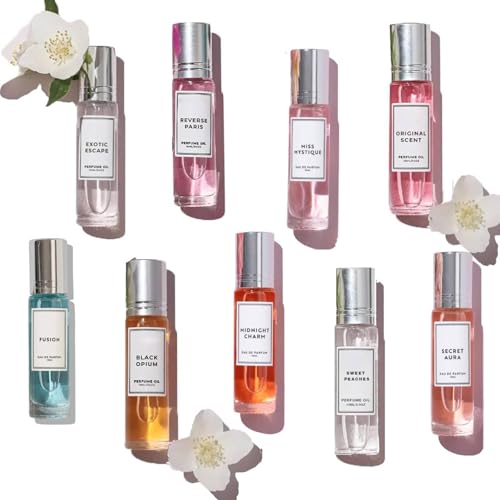Understanding Perfume Ingredients and Skin Sensitivity
Perfume is a popular product used to enhance personal grooming and leave a pleasant scent. However, for individuals with sensitive skin, the question of whether or not perfume can irritate their skin is a valid concern. To understand the potential for irritation, it is important to examine the ingredients found in perfumes.
Common Irritants Found in Perfumes
Perfumes contain a combination of various ingredients, including essential oils, alcohols, and synthetic fragrances. These components can potentially cause skin irritation, particularly for those with sensitive skin. Common irritants found in perfumes include:
- Fragrance: Synthetic fragrances are often used in perfumes and can cause skin reactions in individuals with sensitivities. These fragrances are a mixture of chemicals that may trigger allergies or irritate the skin.
- Alcohol: Many perfumes contain alcohol, which can have a drying effect on the skin. This can be particularly problematic for individuals with dry or sensitive skin.
- Musk: Natural musk or musk-based compounds are sometimes used in perfumes. Some people may have an allergic reaction to these ingredients.
- Limonene: Limonene is a common fragrance ingredient found in various products, including perfumes. It is known to cause skin irritation in some individuals.
- Bergamot Oil: Bergamot oil is often used in perfumes for its pleasant citrus scent. However, it can cause photosensitivity and skin irritation in some people.
Tips for Choosing Perfumes for Sensitive Skin
If you have sensitive skin and are concerned about potential irritants in perfumes, there are some tips to consider for choosing a perfume that is less likely to cause a reaction:
- Opt for fragrance-free or hypoallergenic perfumes: These products are specifically formulated to be less likely to cause skin irritation.
- Choose perfumes with natural ingredients: Look for perfumes that use natural, plant-based ingredients rather than synthetic fragrances.
- Perform a patch test: Apply a small amount of the perfume on a small area of your skin, such as your wrist, and wait 24 hours. If there is no adverse reaction, it is less likely to irritate your skin when used more extensively.
- Read product labels: Look for perfumes that specifically state they are suitable for sensitive skin or have undergone testing for skin irritability.
Additional Tips for Reducing Irritation
Even if you choose a perfume that is considered safe for sensitive skin, there are additional steps you can take to minimize the risk of irritation:
- Apply the perfume to clothing instead of directly on your skin: This reduces direct contact with your skin and may lessen the chance of irritation.
- Limit the amount of perfume you apply: A little goes a long way, and applying too much increases the likelihood of irritation.
- Avoid applying perfume on broken or irritated skin: Wait until any cuts, rashes, or open wounds have healed before using perfume.
- Consider alternative scent options: If you find that perfumes consistently irritate your skin, consider exploring other scent options such as essential oils or lightly scented lotions.
Consult a Dermatologist for Personalized Recommendations
If you have persistent skin sensitivities or concerns about using perfumes, it is always advisable to consult a dermatologist. They can evaluate your skin type, sensitivities, and potential allergens to provide personalized recommendations and advice specific to your needs. A dermatologist may suggest suitable perfume alternatives or offer specific guidance on ingredients to avoid.






